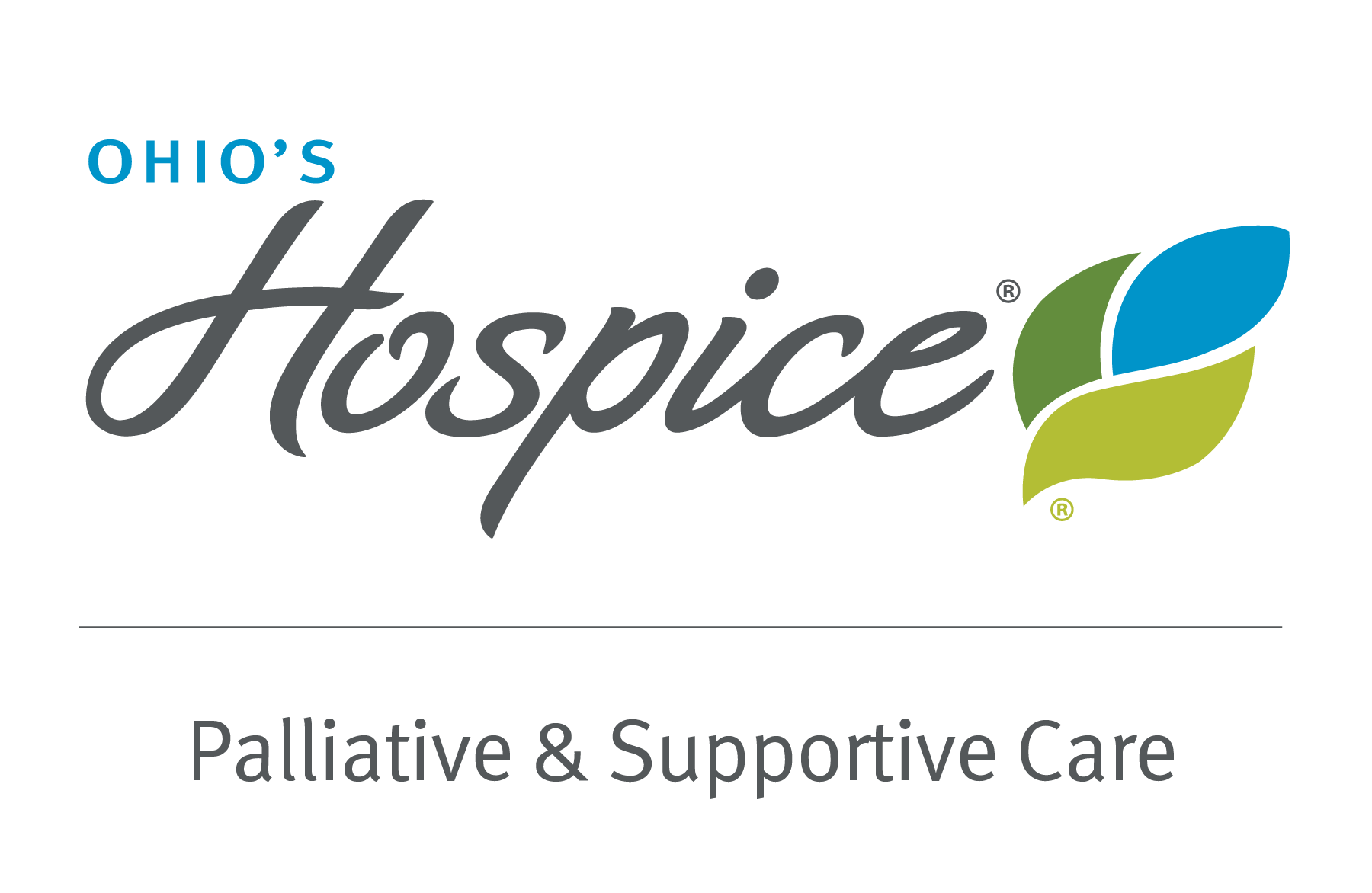
Do you have questions about hospice care?
If so, we’ve collected a few answers to some commonly asked questions about hospice care.
Hospice care is …
but it can be provided in any environment in which a person lives, including a nursing home, assisted living facility or residential care facility, or one of our Hospice Houses or inpatient care centers.
The earlier an individual receives hospice care, the more opportunity there is to stabilize a patient’s medical condition and address other needs. Hospice care focuses on quality of life and making the most of life. Hospice care helps patients experience joy, reminiscence, laughter, reunion and hope.
Click here to read more about who is eligible for hospice care.
when implemented early enough in the disease process. Increased survival under hospice care is due to close monitoring, treatment of symptoms, and an interdisciplinary approach to patient care.
This is a disease-specific program that customizes each patient’s care. Focused Care services include symptom management for patients with oncology, cardiac and pulmonary diseases.

as long as the patient continues to meet certain requirements. Patients may come on and off hospice care and
re-enroll in hospice care, as needed.
includes physicians, nurses, social workers, home health aides, volunteers, chaplains, and bereavement counselors. The care team visits patients on a schedule based upon individual need. Our care is available when you need it.
but the range of support services offered differ significantly. Like other medical care providers, business models differ. Some programs are community based and not for profit. Other hospices are for profit.
to care, focusing on comfort, dignity and emotional support.
In addition to coverage provided through Medicare and Medicaid, most private insurance plans, HMOs and other managed care organizations include hospice care as a benefit. In addition, through community contributions, memorial donations and foundation gifts, not for profit hospices are able to provide complementary services for patients who lack sufficient payment. Other programs charge patients in accordance with their ability to pay.
The patient has the right to determine when hospice is appropriate and which program suits his or her needs. Before entering a hospice, however, a physician must certify that a patient has been diagnosed with a terminal illness and has a life expectancy of six months or less.
and consider the continuation of the patient-physician relationship to be of the highest priority. The primary physician continues to be an active partner in patient care.
If a patient’s condition improves or the disease goes into remission, he or she can be discharged from hospice care and return to aggressive, curative measures, if so desired. If a discharged patient wants to return to hospice care, Medicare, Medicaid, most private insurance companies, and HMOs will allow readmission.
Medical management can be delivered in the hospice care facility. Once symptoms are under control, the patient can then return to receiving hospice care at home, in an independent care facility, at an assisted living care setting, or at an extended living facility.

For more information, call: 800.653.4490
We create personalized plans of care. Care may look different for each patient.

